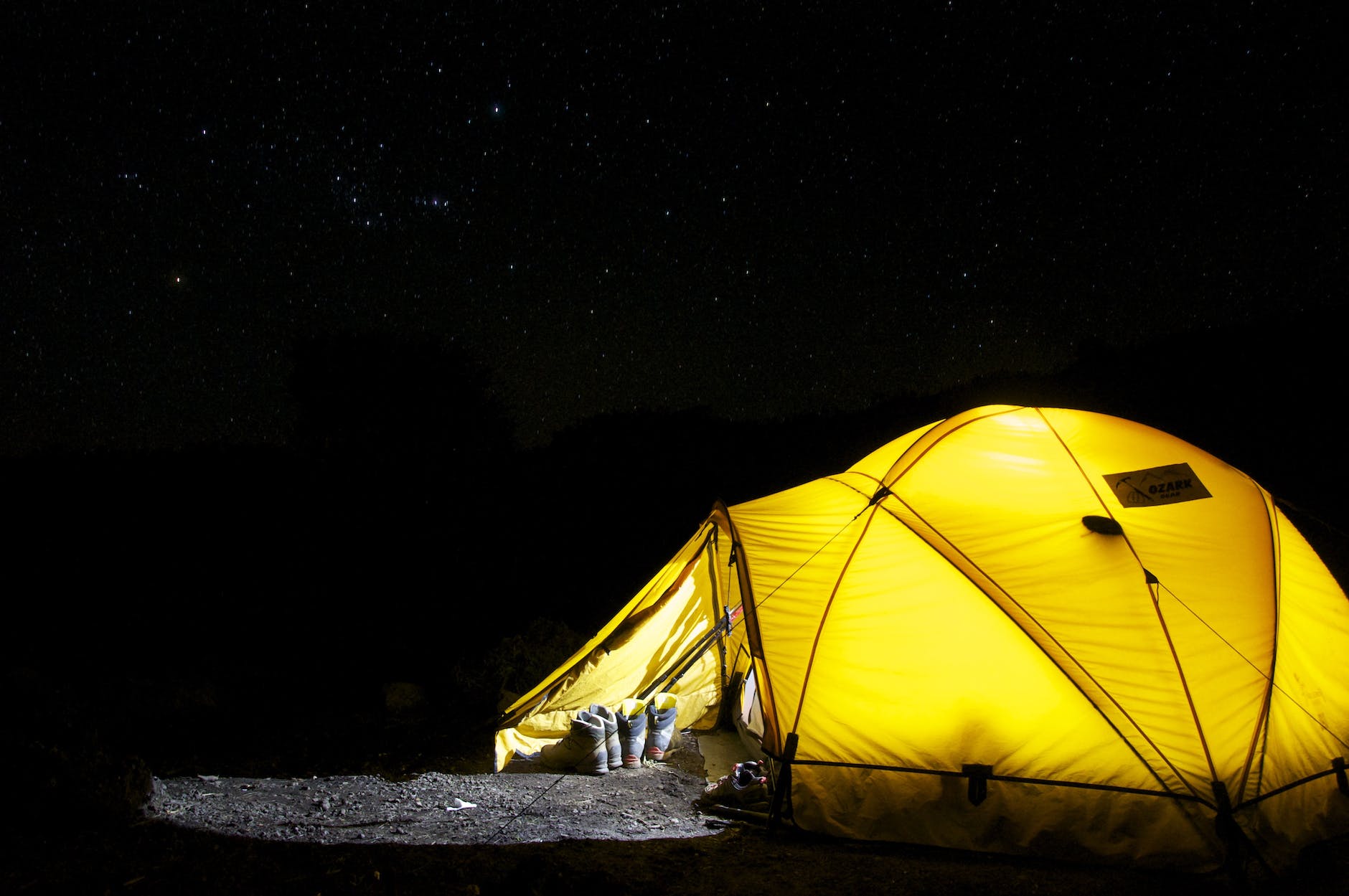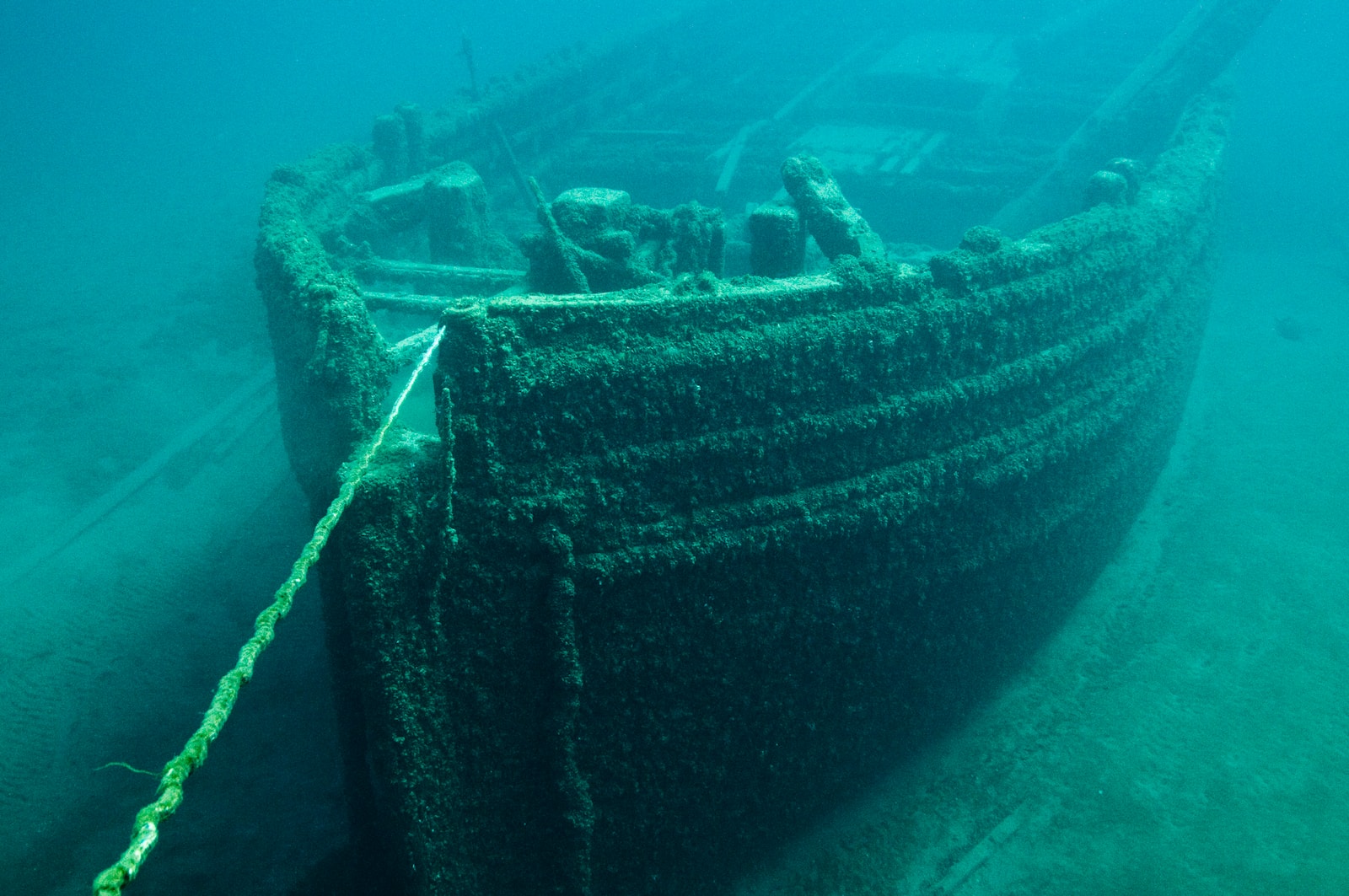Life is a series of moments, some grand and some simple. While the grand moments often steal the spotlight, it’s the simple pleasures that really make my journey worthwhile. As someone who has lived in various corners of the world and experienced life’s many facets, I’ve come to appreciate these small joys most. They are the unsung heroes that add color to my days and warmth to my soul. Here’s a list of 50 simple pleasures – inspired by this – that make my life great.
- The first sip of morning coffee when my house is quiet.
- A long, hilly hike with breathtaking views.
- The sense of accomplishment after finishing a challenging project.
- The first cold beer on vacation.
- Walking through a snow-covered landscape, feeling the crunch under my boots.
- The smell of rain hitting hot asphalt.
- Pouring a glass of wine perfectly without spilling a drop.
- Hearing an old favorite song on the radio.
- The sound of wind rustling through the trees on a quiet day.
- A juicy ribeye steak fresh off the grill.
- The satisfaction of completing a difficult bikepacking route.
- Seeing a mountain range in the distance.
- A freshly cleaned E-Bike, ready for the next adventure.
- Sitting around a campfire, enjoying the natural surroundings.
- Finishing a good book and feeling content.
- A deep and meaningful conversation with friends.
- A clear night sky filled with stars.
- Nailing the perfect mix or master in my music studio.
- The earthy smell of freshly cut wood.
- A spontaneous bikepacking adventure.
- The joy of discovering a new hiking trail.
- A moment of genuine, natural gratitude.
- The feeling of heavy muscles after a good workout.
- Capturing a great photo or video during one of my outdoor activities.
- A moment of solitude, far away from crowds and noise.
- Strumming my guitar and losing myself in the music.
- The thrill of reaching a summit and looking out over the landscape.
- Discovering a new track that I can’t stop listening to.
- Watching a distant thunderstorm roll in.
- The feeling of freedom when I turn off my phone for a day.
- Diving into genealogy and connecting with my past.
- The rush of wind against my face as I bike downhill.
- Taking an unplanned detour and discovering something new.
- Watching the sunset and reflecting on the day.
- The satisfaction of fixing something that’s broken.
- The freedom of an open road and endless possibilities.
- Using an old tool that still works perfectly.
- Dipping my feet in a cold stream on a hot day.
- Writing with a pen that glides effortlessly on paper.
- Walking through morning fog when the world seems softer.
- The thrill of a fast E-Bike ride.
- The excitement of releasing a new music track.
- The first snowfall of the season.
- The smell of freshly brewed coffee filling my house.
- The satisfaction of solving a complex problem at work.
- The feeling of sand between my toes.
- The adrenaline rush from an extreme outdoor activity.
- The peacefulness of a deserted beach.
- The joy of cooking a new recipe to perfection.
- The comfort of my favorite old sweatshirt.
While the list is personal, I believe that the essence of these joys is universal. They remind us to pause, to breathe, and to savor the small moments that often go unnoticed. In a world that’s increasingly complex and demanding, these simple pleasures are my sanctuary, my moments of zen.
I hope you find your own simple pleasures that make your journey just as rewarding.


